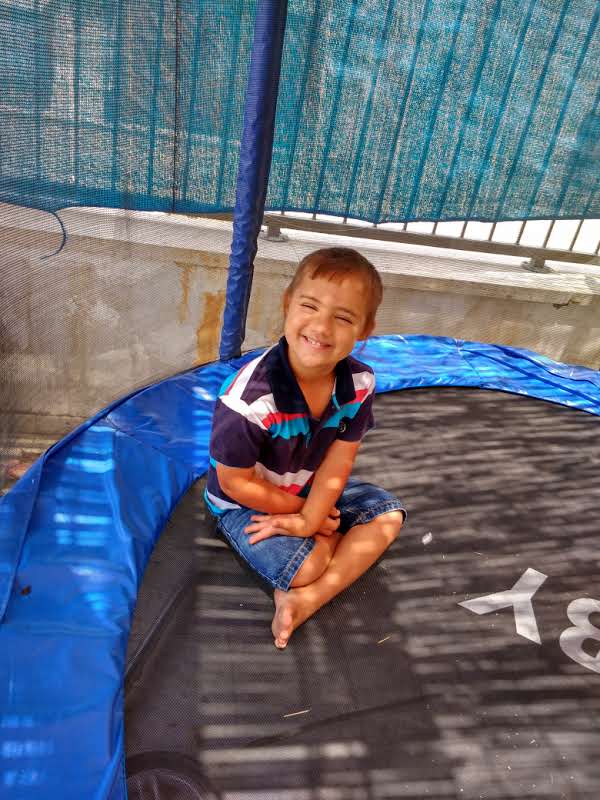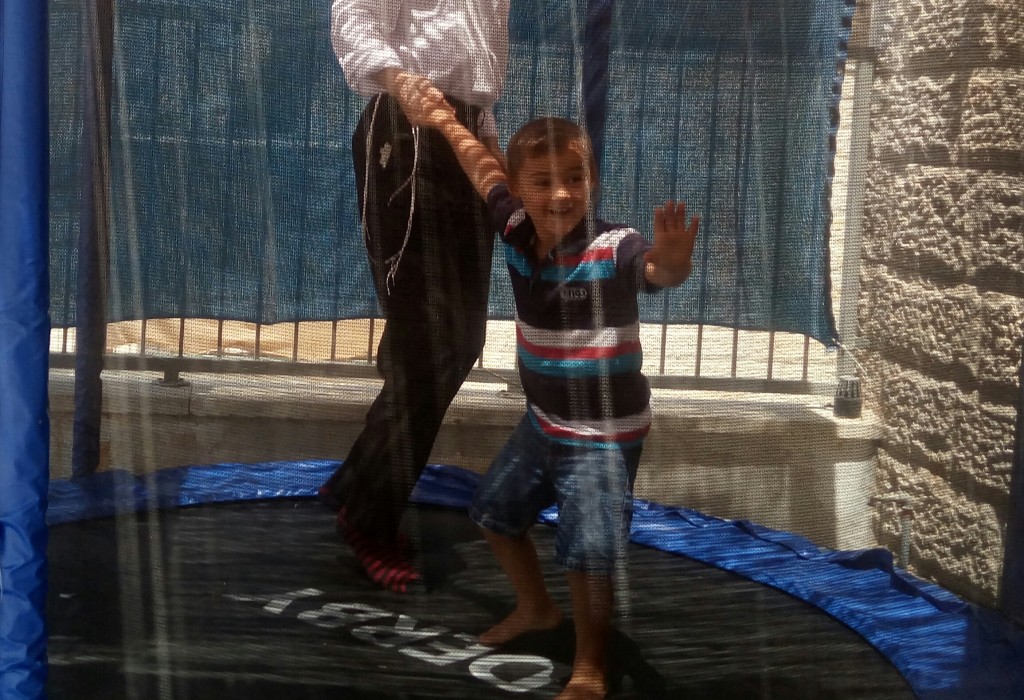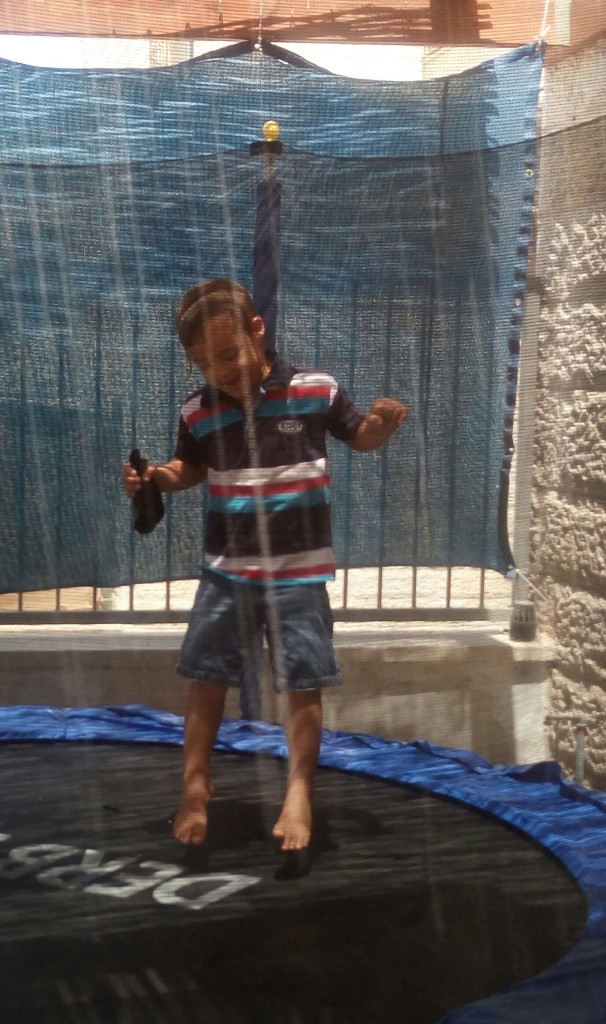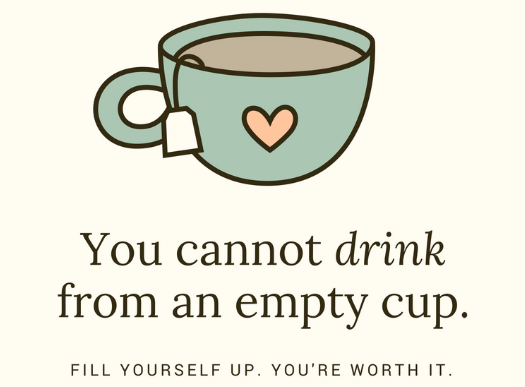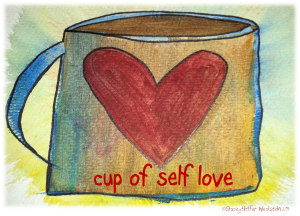I was wondering if you could share with the blog readers more about the idea that we teach people how to treat us.Can you explain how that works, and how we can change the way they treat us?
Yes, I’m happy to explain that a bit more! Before I begin, I want to clarify one very important distinction: we do not have any direct control over the actions of others, and can not directly change how they treat us. What we do have control over is our own thoughts, speech and actions. That’s where our power lies and that is always where our focus has to be.
I was speaking recently to someone who was complaining about all the people in her life who don’t treat her kindly. People are mean to her, kids are mean to her children, and everyone who passes her yard is mean to her pet! And then a five minute walk away just a day earlier, I met someone who told me that the people living in that area are just wonderful, everyone is so kind and helpful. Are these two people living on different planets?
In a way, they are. Their inner worlds and the way they view themselves is constantly playing out with those around them.
**This is not about shaming oneself or feeling at fault for being treated badly by others. Not at all. There’s no blame here at all. It’s about recognizing where you have power to make your life better.
——————————
My eight and ten year old sons came home upset one afternoon after playing with a friend. This is a boy who they’ve been extremely nice to, a nice kid who has strong reactions to what seem to others like very small triggers. In this case, he got upset and began throwing bricks at them, then ran after my eight year old and punched him.
When they got home, they asked for my feedback on how they could have handled the situation. One said he’s not going to play with this boy anymore and he doesn’t have to keep being nice to someone who isn’t nice to him. The other said he sees it’s very hard for this boy to control himself and he doesn’t want to be treated like this, but he doesn’t think it’s nice to tell him he’s not going to be his friend.
This is a classic example of “we teach people how to treat us”! Substitute coworker, spouse or neighbor and you have the same kind of situations that we adults are dealing with all the time!
I told them they get to decide what kind of friendships they want to have. How do they want to be treated by their friends? There is never a reason to tolerate someone mistreating you in the name of ‘kindness’ to them. You have a right to be treated respectfully and it’s your responsibility to teach people to treat you with respect.
So what would that look like in this case?
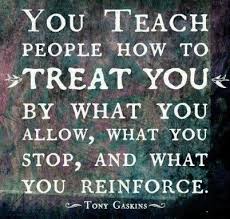 First of all, I told them in the future if it happens to leave the situation and come home immediately. If he comes to play at another time, he can be told, “I don’t like what you did (yelling and throwing things at me).” They can then choose if they want to give him another chance or not. If they give him another chance they can let him know, “If you get angry and hit me, I’m going to stop playing with you”.
First of all, I told them in the future if it happens to leave the situation and come home immediately. If he comes to play at another time, he can be told, “I don’t like what you did (yelling and throwing things at me).” They can then choose if they want to give him another chance or not. If they give him another chance they can let him know, “If you get angry and hit me, I’m going to stop playing with you”.
The boy now knows clearly what their expectations of the relationship are. Can they control if he becomes explosive? No, absolutely not. But if he acts in an unkind way again, they will honor their own boundaries by leaving the interaction or even by leaving the relationship- and he will have learned that they mean what they say and will not interact with him if he can’t treat them nicely.
Now let’s look at another possibility. What if they continue to play with him time after time regardless of how they are treated? Then have them taught him that they will tolerate being abused from a ‘friend’, that it’s okay for him to explode when something bothers him.
Their response to his action teaches him how to treat them.
—————————–
If a young child playfully bats you in the face or calls you a name, how do you respond? Do you smile and let her know you think she’s so cute? Do you ignore it and tell yourself it’s not a big deal? Or do you hold her hand in yours and soberly tell her, “No hitting Mommy”? You are teaching your child how to treat you.
A couple of days ago I asked a child of mine to do a task and the child agreed, but with an edgy manner of speaking. I looked at that child for about a minute without saying anything. The somewhat abashed response to me after a pause was, “Okay, that was obnoxious – I’m sorry. Yes, I can do what you asked me to do.”
What was my nonverbal message when I looked intently at this child? That although I was choosing not to respond verbally, I wasn’t oblivious to the inappropriate tone that had just been used. Yes, it’s definitely a more subtle response! If the child was younger and might not have realized on his own that his response was out of line, I could have let him know: “You know, that sounded disrespectful. Can you say what you want in a more respectful way?”
This is just as true with people who aren’t related to us. If someone initiates a conversation topic that we would rather not participate in, we can direct the conversation to a different subject rather than feel forced to participate because we want to be ‘nice’. If someone speaks to us disrespectfully, we do not have to stay in that interaction to be ‘nice’. We teach others how to treat us.
One of my kids once opened the door for a neighbor since I was in the middle of reading to a younger child. I had never spoken to this neighbor before and he wasn’t a warm and friendly kind of person. Before I even had a chance to get up from the couch and without waiting for an invitation, he walked right into the center of my living room. I felt my space had been invaded, and I told him to please wait next to the door and I would speak to him there. He got angry and threatened not to talk to me or help with the issue that he had come to speak about (the damage a leak from his home was causing to us) but I didn’t back down. My home is my space and no stranger is welcome to come marching in as if he owns the place. My home, my terms.
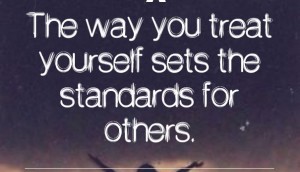
You can set the terms of the interactions that you participate in. We worry too much about being nice to others, while not considering that it’s extremely not nice to ignore your own needs and subjugate them to the needs of others.
![maya[1]](http://avivahwerner.com/wp-content/uploads/2017/10/maya1-300x225.jpg) Every day we have choices: what to respond to, when to respond, how to respond – and it really all begins with, how do we feel worthy of being treated? Do we honor our own needs, our own time, our own preferences? We communicate this in so many ways and we’re not even aware that we’re communicating that! But our kids are watching us and have a very good sense of what we we really care about.
Every day we have choices: what to respond to, when to respond, how to respond – and it really all begins with, how do we feel worthy of being treated? Do we honor our own needs, our own time, our own preferences? We communicate this in so many ways and we’re not even aware that we’re communicating that! But our kids are watching us and have a very good sense of what we we really care about.
Avivah

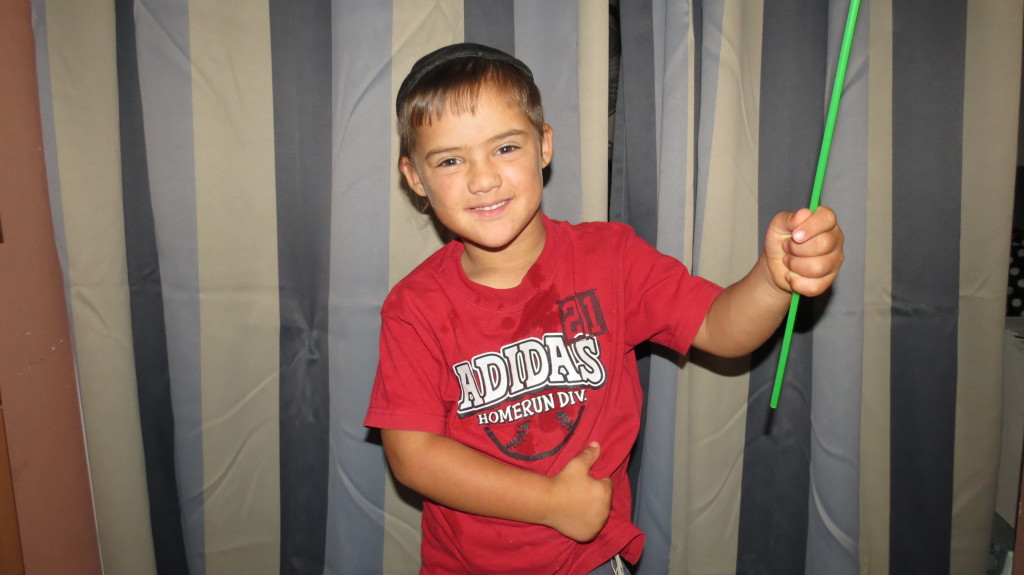
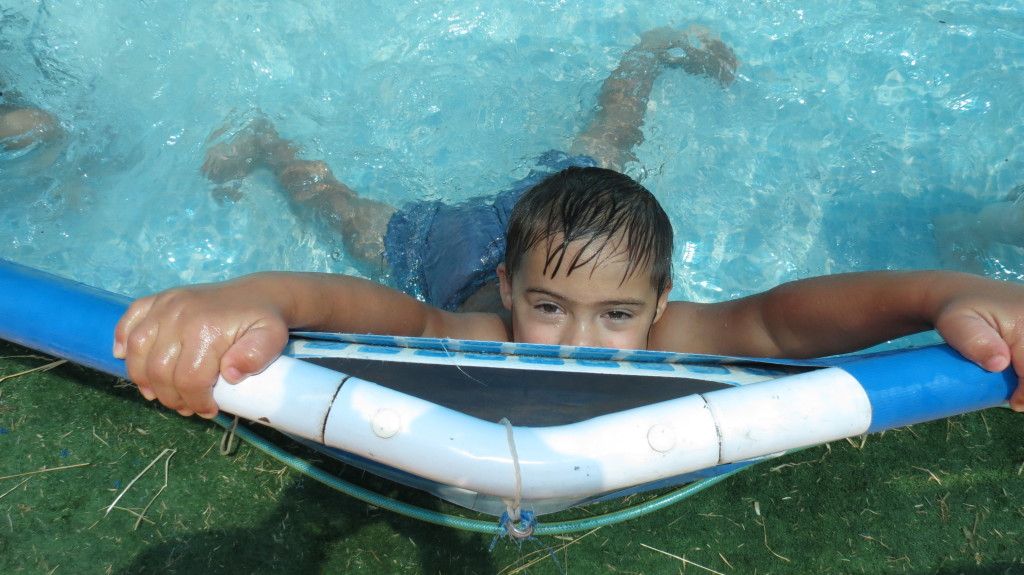



![maya[1]](http://avivahwerner.com/wp-content/uploads/2017/10/maya1-300x225.jpg)


